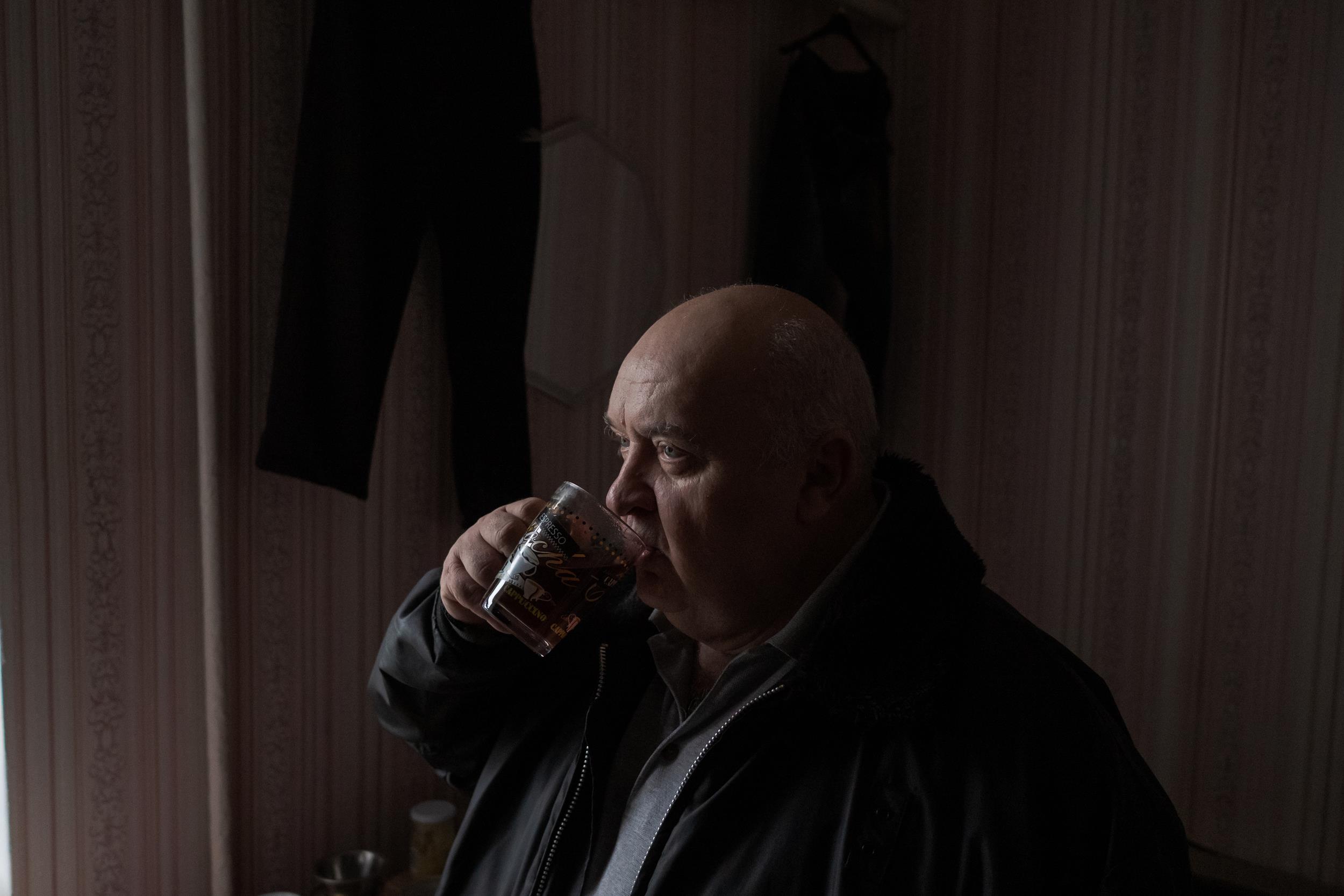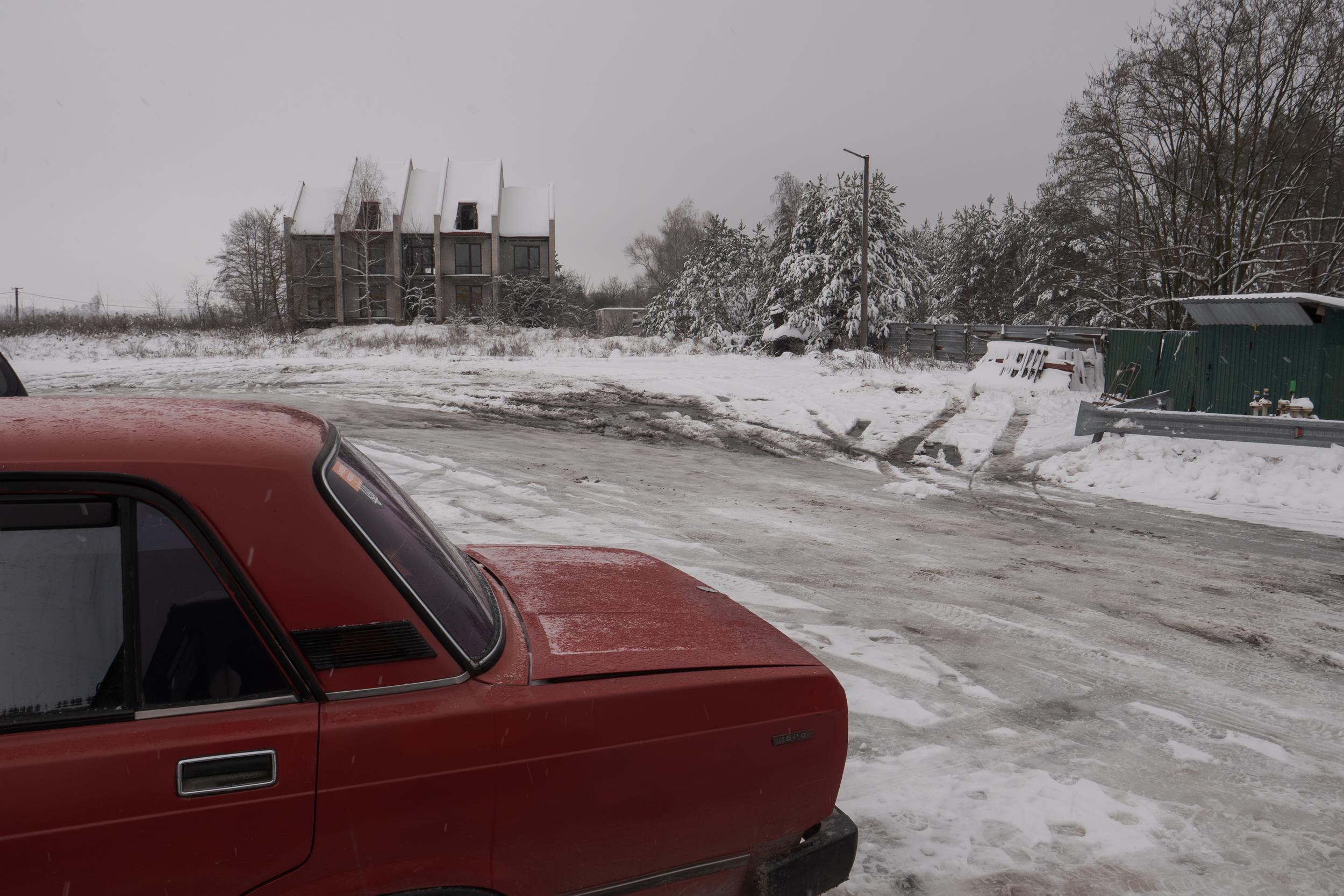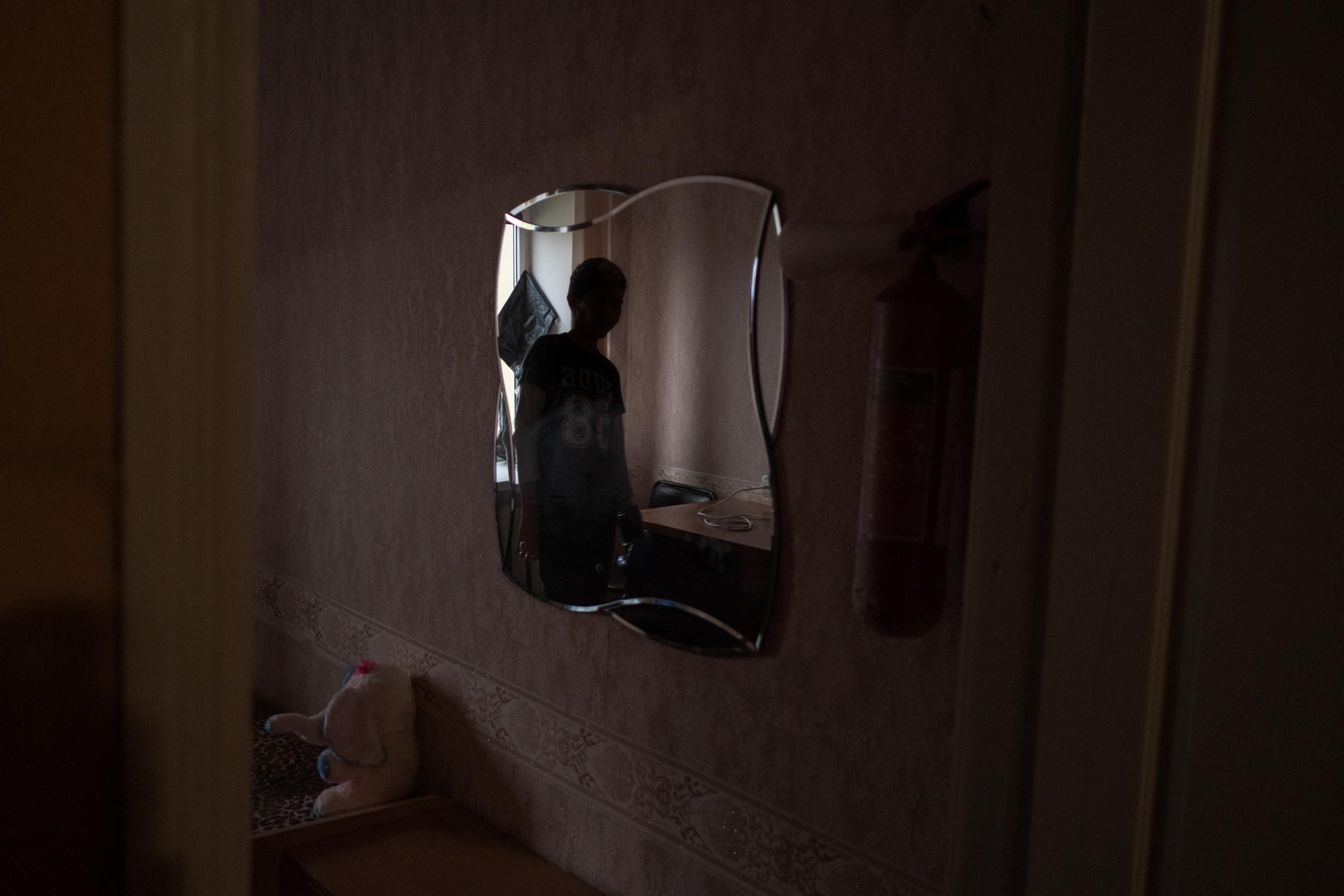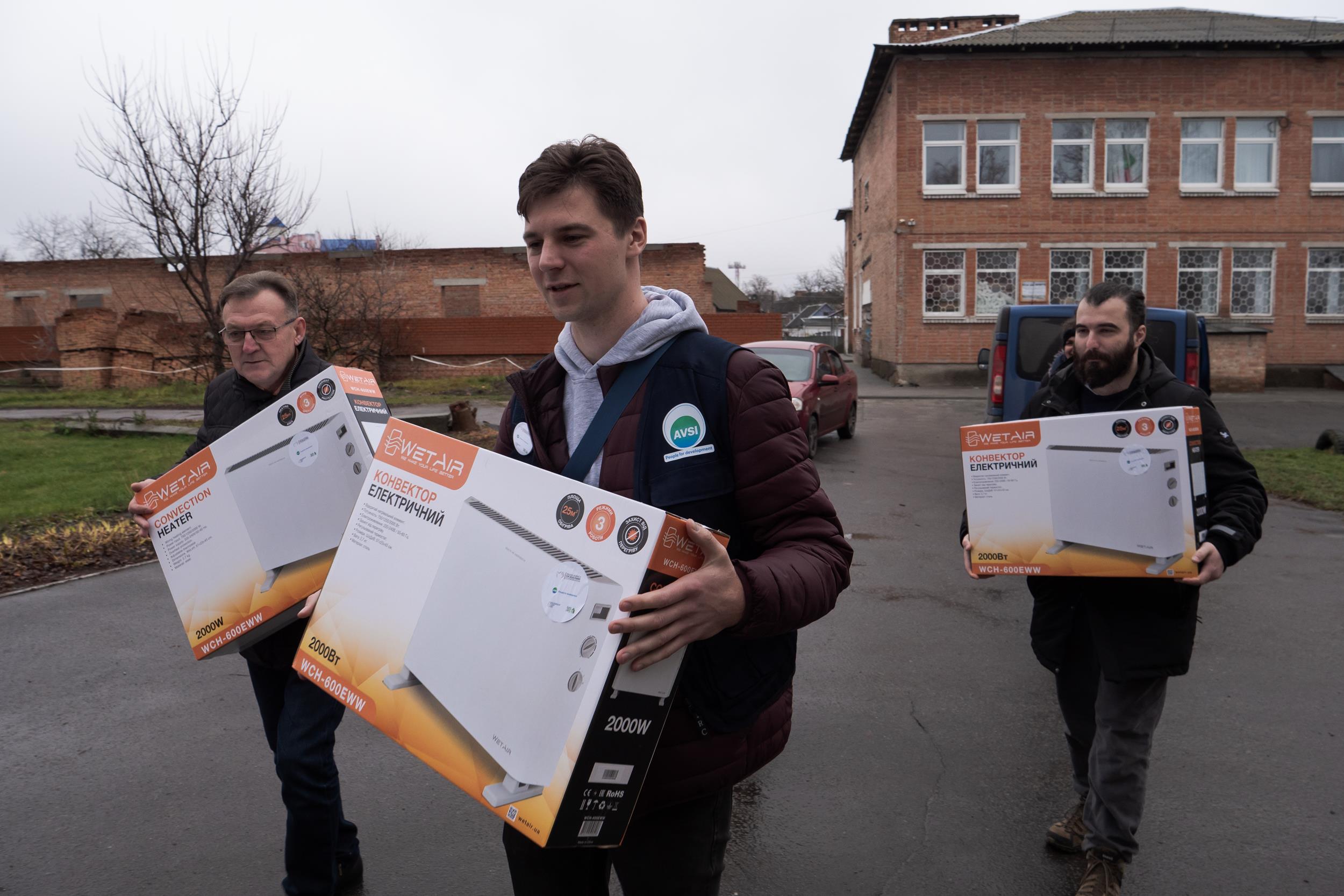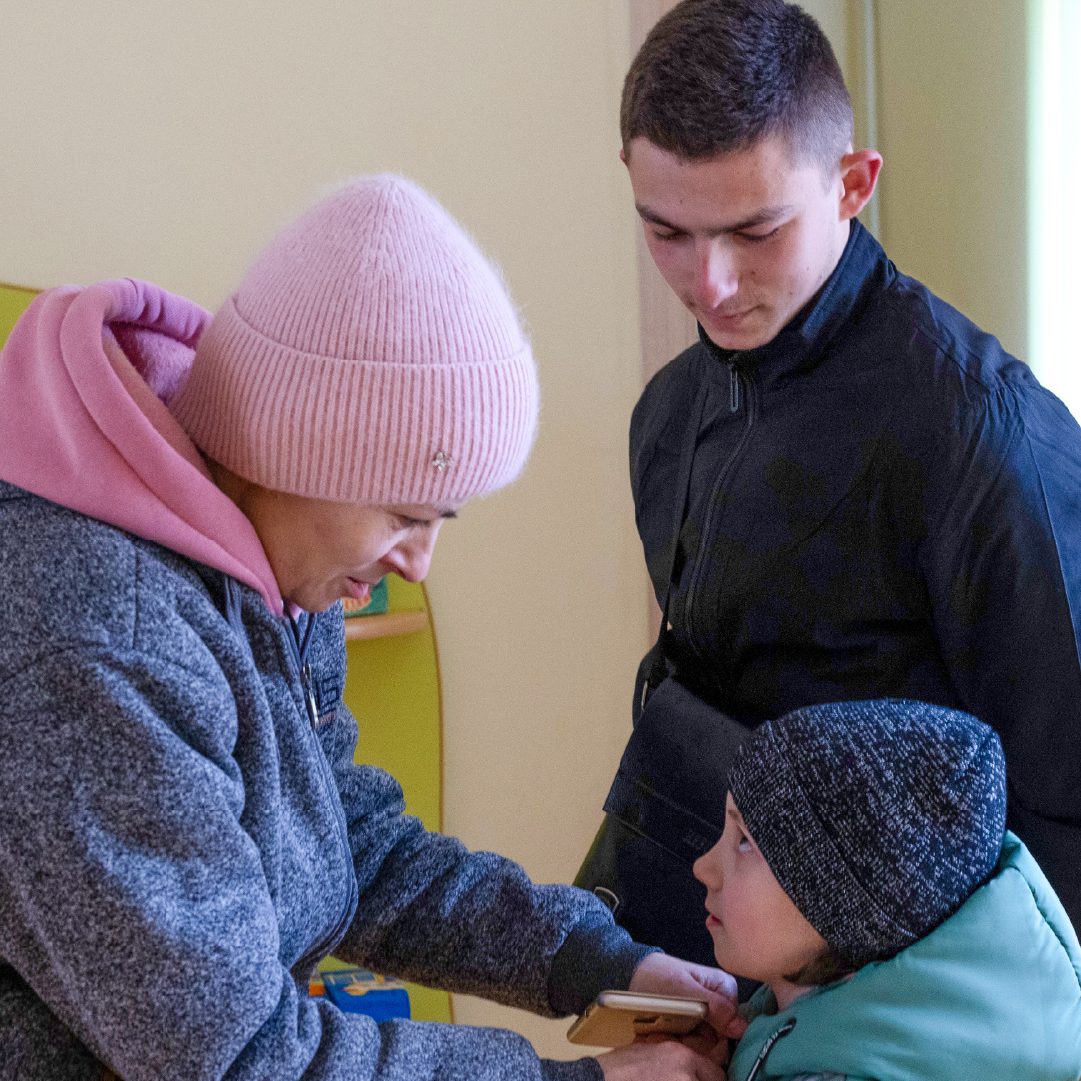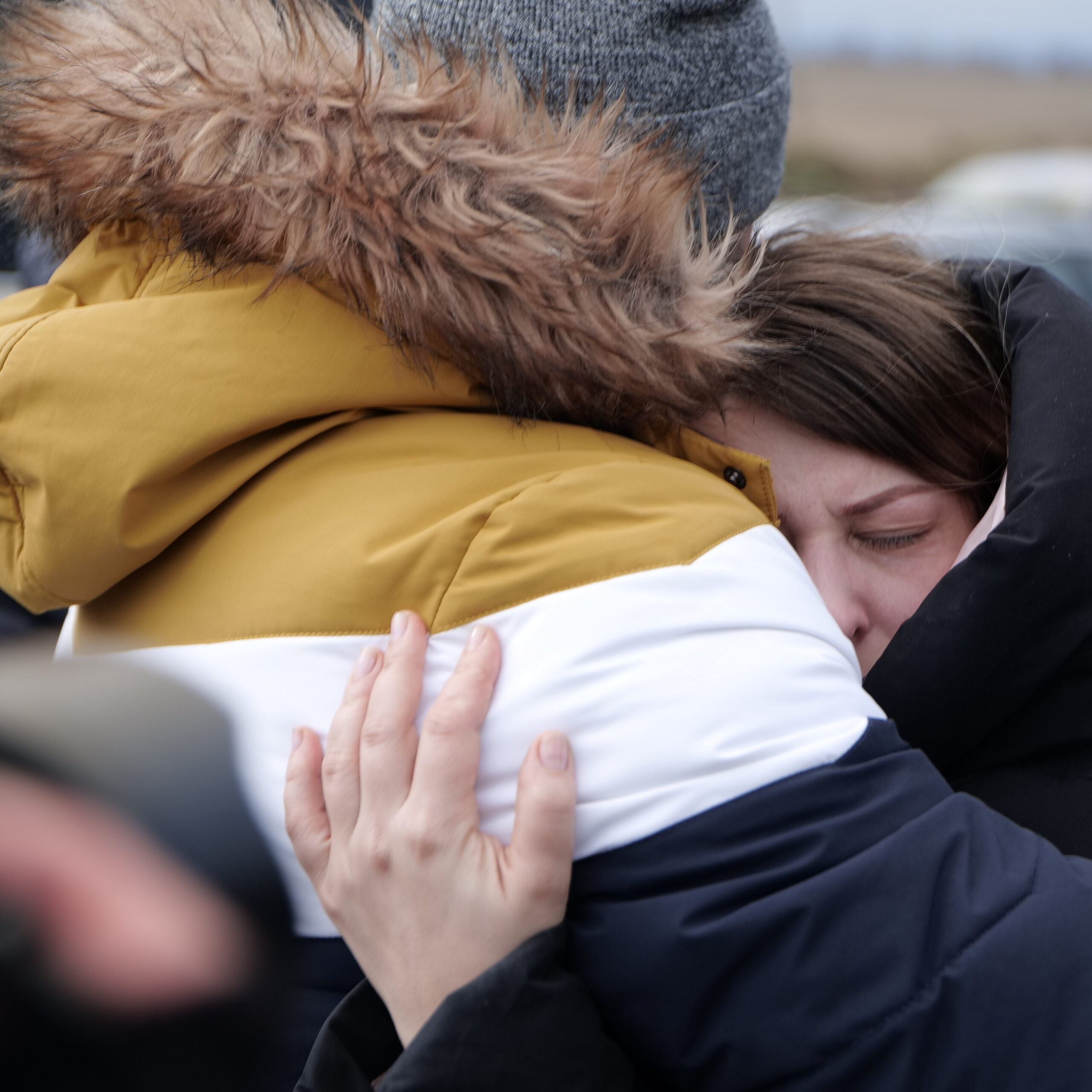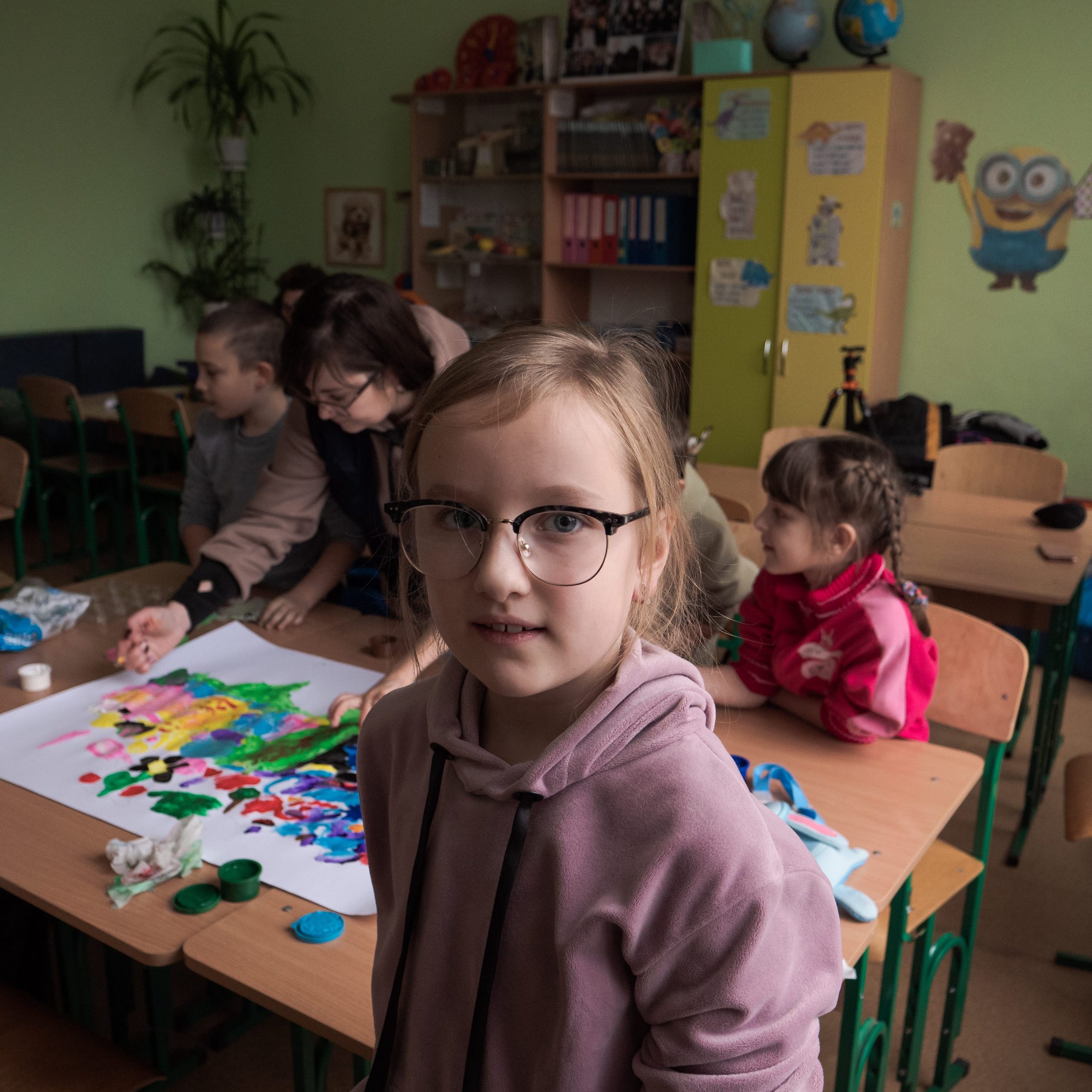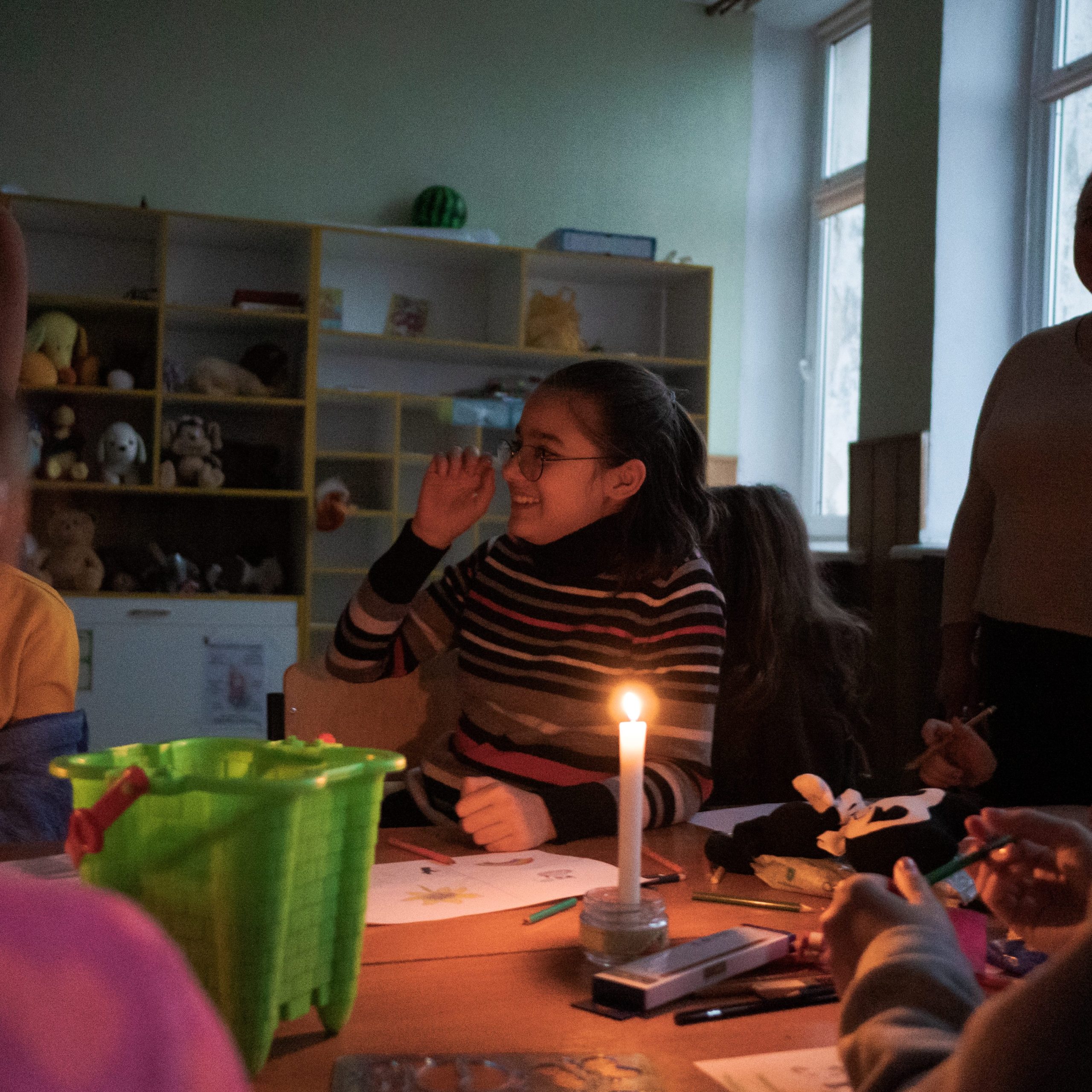In Ukraine, the consequences of the war are getting worse. The weather gets colder and the bombings haven't stopped. In late November, we went there to show you how the population is coping. And what we are doing to help.
"My house in Kharkiv was hit and destroyed in the first days of Russian occupation. My wife, my daughter and I have lived nine days in the basement of a parish together with a hundred other people. Then we managed to reach Poltava, my wife's city", Bogdan tells us, who before the war was a logistician for a warehouse in his city and now works for AVSI, distributing electric stoves and blankets in reception centers in the Poltava region, as part of a project of the Italian Cooperation.
"It is when you hear the loud noise of fighters passing at low altitude that you understand that it is better to take cover", Bogdan tells us, who then introduces us to Roman, the driver of our van, who in the first days of the war accompanied his family to the west and then returned to volunteer. "In the first two months of the war, every day I went to Kharkiv with a minibus to evacuate the population under siege", he tells us.
In the first two months of the war, every day I went to Kharkiv with a minibus to evacuate the population under siege
Roman, volunteer in Ukraine
Since the beginning of the conflict, almost half of the inhabitants of Kharkiv have left their homes in search of a safer place. Those who did not manage to leave the city reached the most southerly neighborhoods, such as Vysoky. Who could, went west, to Lviv. Some, on the other hand, have reached friends, relatives or reception centers in neighboring regions, for example that of Poltava.
One of the reception centers is located in Myrhorod, which in Ukrainian means "the city of peace". It was a college dormitory, but the rooms are containers that struggle to retain heat. Here we are welcomed by Oleksander, who is 75 years old and limps. "In Kharkiv I lost my son under the bombings. I stayed in the city for two months, but it was too dangerous to stay. I found a ride to Poltava and came here", Oleksander explains and shows us his room at the end of a narrow corridor. "Now in Myrhorod I spend my days in the dormitory or in the near parish, waiting for the war to end".
The United Nations has estimated that there are over 6.5 million internally displaced people in Ukraine. Almost 8 million left the country to go to Europe. In just nine months.
The head of the Myrhorod center tells us that most of the guests are elderly but there are also some orphaned children. Like Artem (invented name) who lost both parents in a Russian bombing in March.
In winter, temperatures drop several degrees below zero. The blackouts due to the attacks and the rationing of energy do not allow to keep the heating always on. In addition, reception centers are often old structures with inefficient electrical systems and outdated boilers. It is hoped that electric stoves will help heat rooms faster when electricity becomes available again.

